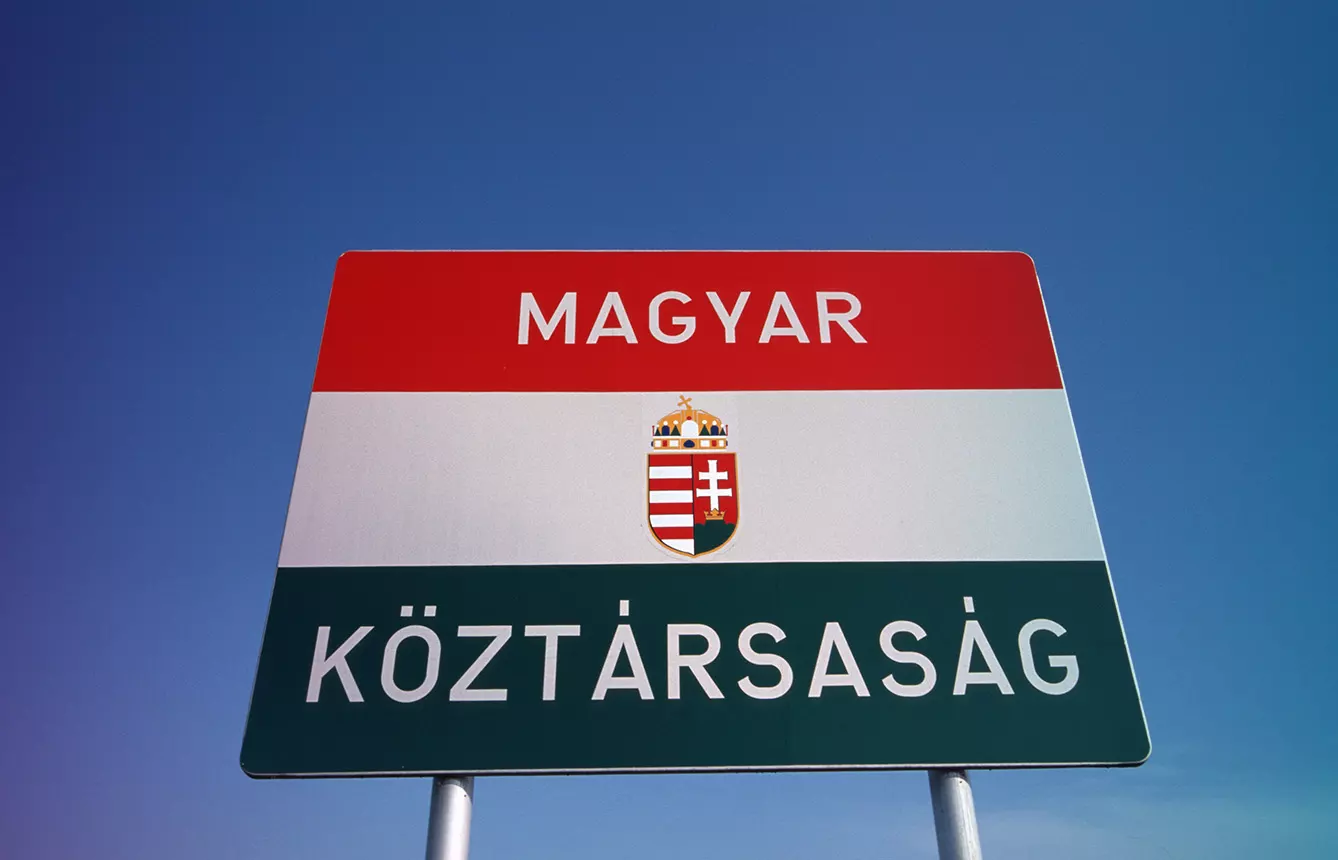A Polish friend of mine once told me after a telephone call with a poor connection: “It’s like I was speaking Hungarian. It sounded like a language, except that I couldn’t understand a word!” If the feeling sounds familiar, you’ve probably encountered Hungarian at some point – or maybe you are a Hungarian speaker and know the hard feeling of your language generally not being understood by many of your neighbors. That’s because Hungarian – quite unique in Central Europe – is very true to its roots. And Hungarian language roots are entirely different from the other languages in the region.
Hungarian language: 15 vowels, barbarian roots
With 44 letters and 15 vowels, Hungarian is the newest addition to the Central European family of languages. However, by “in the family,” we strictly mean that its speakers are located in Central Europe and not that it’s in the same linguistic family as others in the region. And it all began with Barbarians. Some like to call them Huns, but Attila’s famous warriors were not actually there when the first country of the Magyar people appeared in Europe.
In early Medieval times, most people in and around Hungary were already settled, most of them descendants of Slavic and German tribes, and almost without exception, speaking Indo-European languages. Yes, there are differences between Polish, Russian, and French, but certain similarities can be found.
However, the Magyar people, who were at that time living in modern-day Russian territory between the Volga River and Ural mountains, began wandering westward in the 6th century AD. When they eventually settled before the 10th century in present-day Hungary, the language had already been influenced by Turkic and Iranian.
Reinventing computer
When the first king of Hungary, Stephen I, established and solidified the presence of Hungary in Western culture and the Catholic religion, the language remained, to a large extent, unchanged. Even today, linguists notice the surprising coherence of the Hungarian language. Almost 70 percent of its words are true to their ancient roots, compared to some five percent in English.
The Hungarian language is still somewhat conservative with the language to this day. As new technologies emerge and science develops, they respond to the need for new words by creating them. Therefore, the internet remains the internet, and the cell phone is an easily understood Mobiltelefon, but in Hungarian, “computer” becomes “számítógép,” and cinema blockbuster is “kasszasiker.” Though, of course, it doesn’t make computers in Hungary any more Barbaric than their counterparts in other countries.
Read also about famous Hungarian wine!







